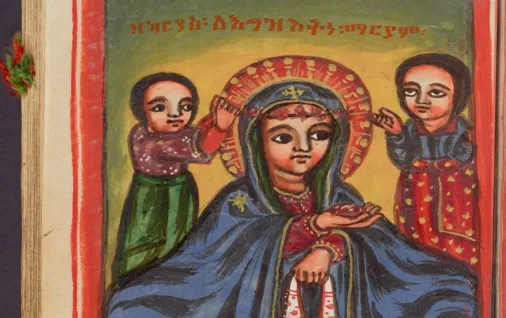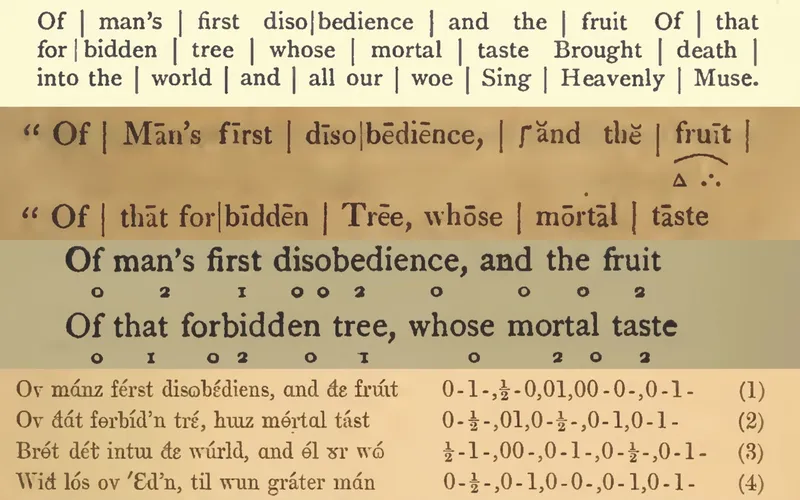Project Charters
The essential document for research collaborations

The charter is the foundational document that describes the research purpose, deliverables, overall timeline, terms and conditions, and outcomes of a CDH project.
Charters are written by core members of a project team in a series of planning meetings before the work starts. Led by the CDH Technical Project Manager, the planning process is intensive, collaborative, and requires substantial input from everyone on a team. Charters serve as formalized agreements among team members on such crucial questions as scope, technical design, infrastructural needs, and success criteria. At the CDH, each project charter is peer-reviewed by the Assistant Director, Executive Director, and Faculty Director.
The charter has a twofold importance: 1) it defines the contribution of the CDH Research Software Engineers within the faculty partner’s larger research agenda and 2) it embodies a commitment to a set of intellectual, ethical, social, and political values, providing space to negotiate topics like equity and fair labor, accountability, accessibility, sustainability, and community practices. Charters are the result of a social process, establishing communication norms and setting the tone for the collaborative work that follows.
CDH charters and their planning documents exist in several forms as we have refined them over the years and tailored them to the several types of projects we have supported. For more about CDH project management, including the charter process, visit: https://cdh.princeton.edu/programs/project-design/.
Charters published by the CDH
Simulating risk, risking simulations
Simulating risk attitudes in group interactions and putting computational philosophy in conversation with digital humanities

Princeton Ethiopian Miracles of Mary Project
Folklore about How the Virgin Mary Helps Believers in Ethiopian Literature and Art

Princeton Prosody Archive
Inviting users to rethink poetry's past through a collection of historical prosodic works

bitKlavier
A software tool for exploring the prepared digital piano, an instrument at the charged border between body and computer.

Derrida’s Margins
An online research tool for the philosopher’s annotations that provides a behind-the-scenes look at his reading practices and the philosophy of deconstruction.

